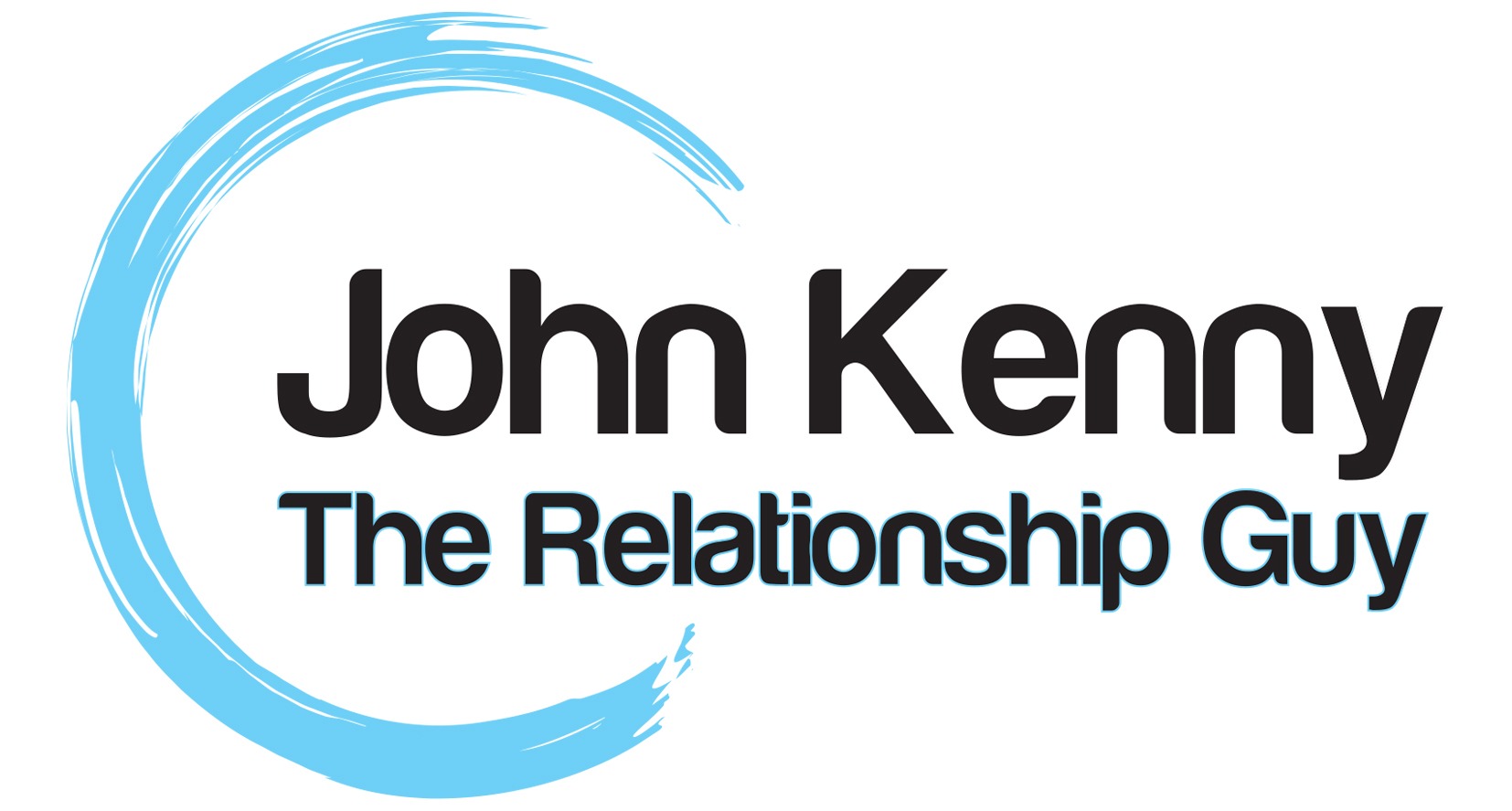Let me begin this piece with a question. Do you sometimes lose your temper or throw a strop and then regret the things that you have said/done? Or do you someone else that does?
One moment you feel okay, but the next you are out of your mind and find it hard to control your emotions. Someone or something triggers you and you feel completely overwhelmed.
In this state you have been “flooded” by your emotions and it has created a space where you feel that you just can’t stop your reactions.
Sometimes minutes or perhaps hours later, you calm down and realise what you have just done.
Have you noticed (or did you notice if you are reading this after the pandemic), that during the coronavirus lockdown, anxiety, uncertainty, and conflicts are especially increased in relationships. That is likely because “flooding” is happening more regularly as we are all experiencing a different way of life.
The good news is that you can help minimise this reaction by understanding how you work.
When you enter a flooded state, you have accessed something within you that has put you into survival mode.
It could be that you have triggered a coping mechanism from your past, you have let things build up inside of you, you are not getting your need met in that moment and you have created an amount of uncertainty that makes you very uncomfortable.
Hence your brains need to flood you with emotions!
You have entered the survival part of your brain and you are bypassing the parts that usually keep you balanced and, in a place, that you can function logically and rationally.
Survival mode is essentially an involuntary reflex that is activated in times of perceived danger and includes several immediate physiological reactions:
• Your fight, flight or freeze response becomes activated.
Blood is directed away from the organs not necessary to immediate survival and there is an increase in blood flow to those organs involved in intense physical activity, such as your heart and limbs.
• Your prefrontal cortex functioning is being bypassed, so you have less ability to reflect, contemplate, or use logic. You are in action mode.
• When our survival mode is triggered, so can the people around us be and vice versa. We are all sensitive to ‘danger’ and survival is highly contagious. From an evolutionary perspective, this helped groups of people to react immediately to danger.
What we need to try and do is get out of survival mode as soon as possible.
We do not need to be there as the imminent ‘danger’ is just a perception to us.
Engage your frontal brain and your parasympathetic nervous system, a functioning mind state where we receive the right hormones to relax us and know we are in a ‘safe’ space. This state is also contagious, helping not only us to relax but also those around us.
So, the best way you can improve your relationships, is by minimising our time in survival mode and engaging in a safe mind state with our loved ones.
A couple of ways you can avoid a flooded mind to remain in a safe mind state?
1. Prevention
• Take care of your physical needs – nutrition, exercise, sleep etc.
• Protect your personal space – make sure you speak up when necessary, don’t let things build up. Keep your personal boundaries intact.
• Know how you function – recognise the early effects of flooding to prevent the escalation within you. Know your triggers – what types of things will lead you to react this way?
• Know your needs – what are and what aren’t being met that can take you into uncertainty.
2. Communicate
Let your partner know you’re starting to find it difficult, or explain to them how you felt after it has happened. The more they understand, the more they will be able to help (if they choose not to help or to even exacerbate the situation then they are experiencing the need to keep this going).
How to get out of the flooded state: There are several ways to reactivate your safe state.
• Time out – take some time away from the situation in order to gather your thoughts and calm your mind. This is not to be used as an avoidance technique to skirt around the issues however. If the other person doesn’t allow this because of their flooded state then…
• Try and find that safe space within your own head. Distract from the thing that is bothering you, negotiate with yourself of the consequences if this situation escalates. Consider why the other person won’t let you find your safe space, what does this achieve for them – and don’t let them have it.
• Drink and or Eat. Re- hydrate and check in to see if you are just a bit “hangry”!
• Move – moving your body changes your state and signals to your body that you have moved out of the ‘dangerous’ situation.
• Breathe – Deep breathing activates the parasympathetic nervous system and relaxes your brain. Breathe from your abdomen and not from your chest.
• Distract – Laughing and playing requires imagination so distracts you from the present issue. You can only do one emotion at once (although it may not feel like it at times), so choose a positive one.
Being in an overwhelmed ‘flooded’ state can be overcome, it will pass naturally anyway so choose to speed up the process using different techniques. Working on understanding yourself (and others) will help you to avoid going there altogether.
Please feel free to comment of this article.
If you would like to know more about how Interpersonal Relationship Coaching can help you with this and other issues in your life then please do contact me directly on here or call 07709 350019.
Be good to yourself.

